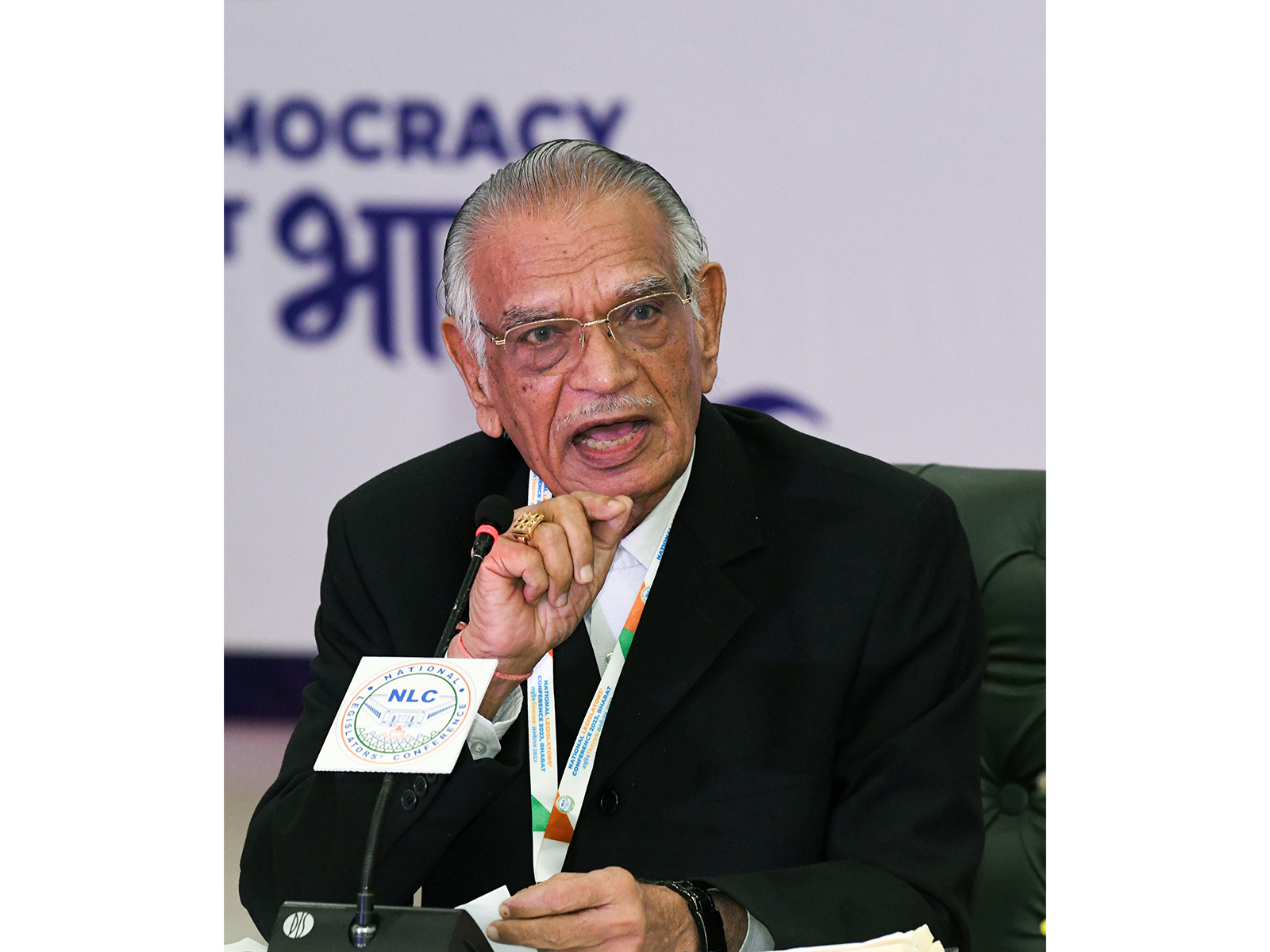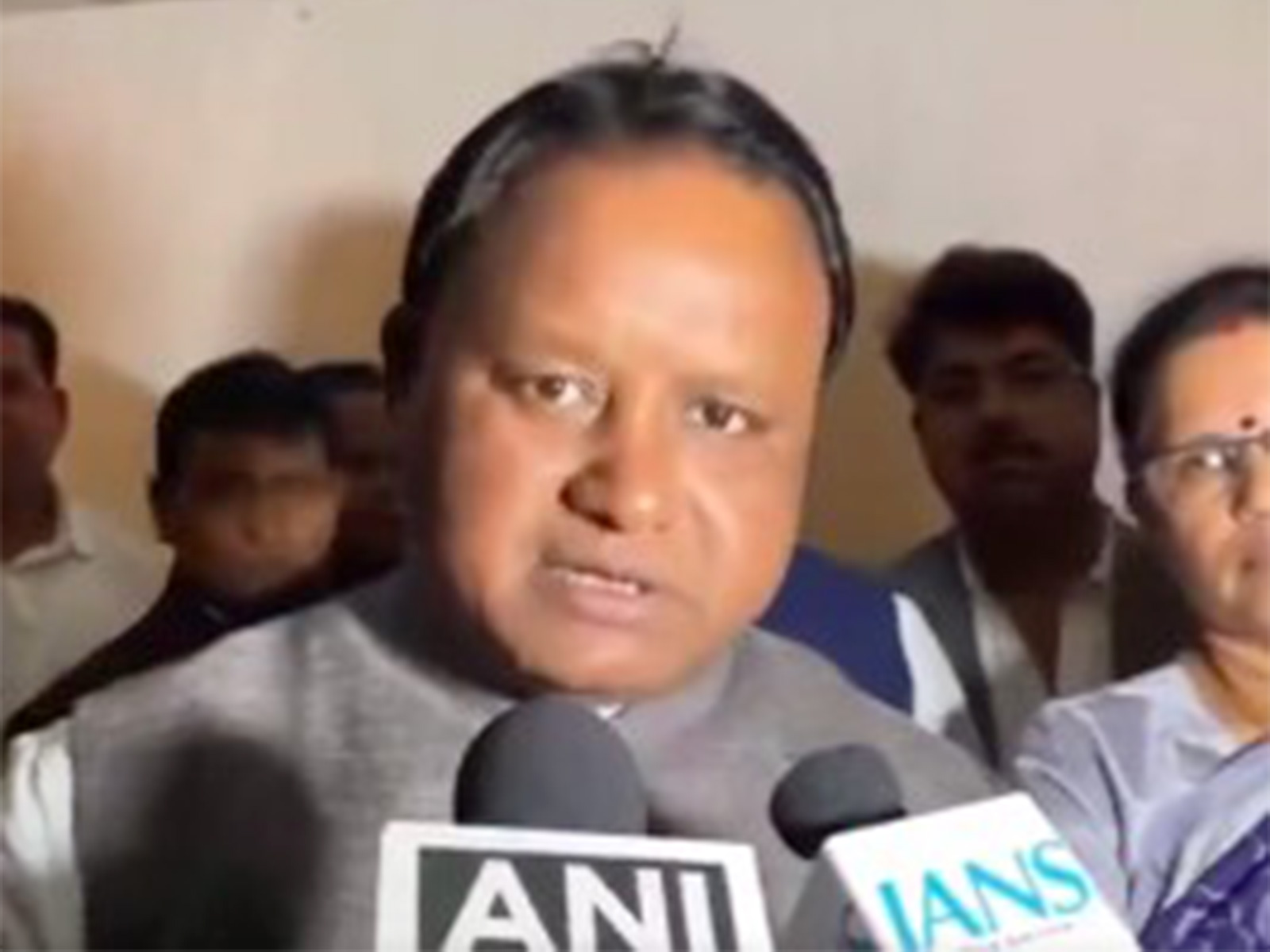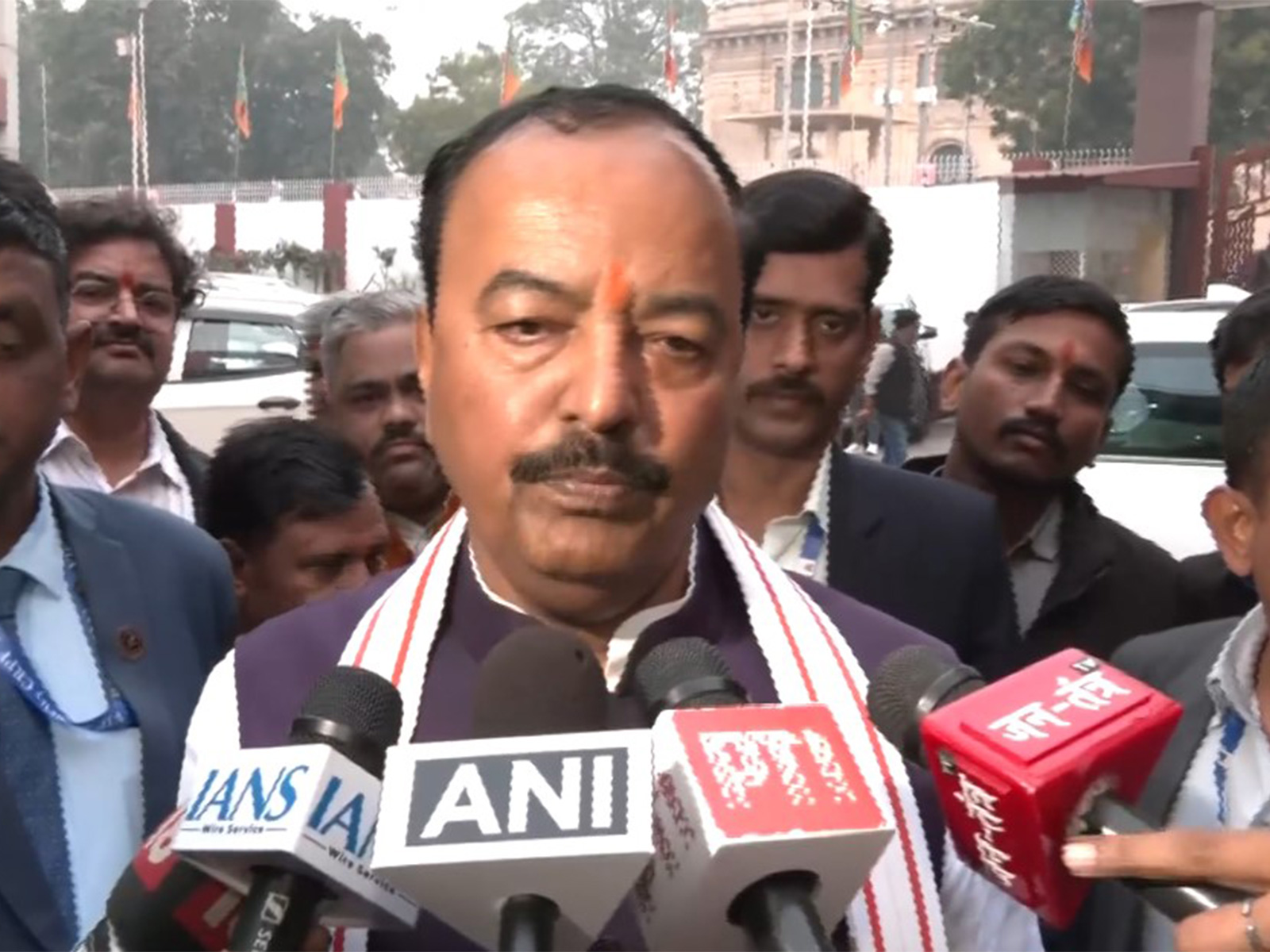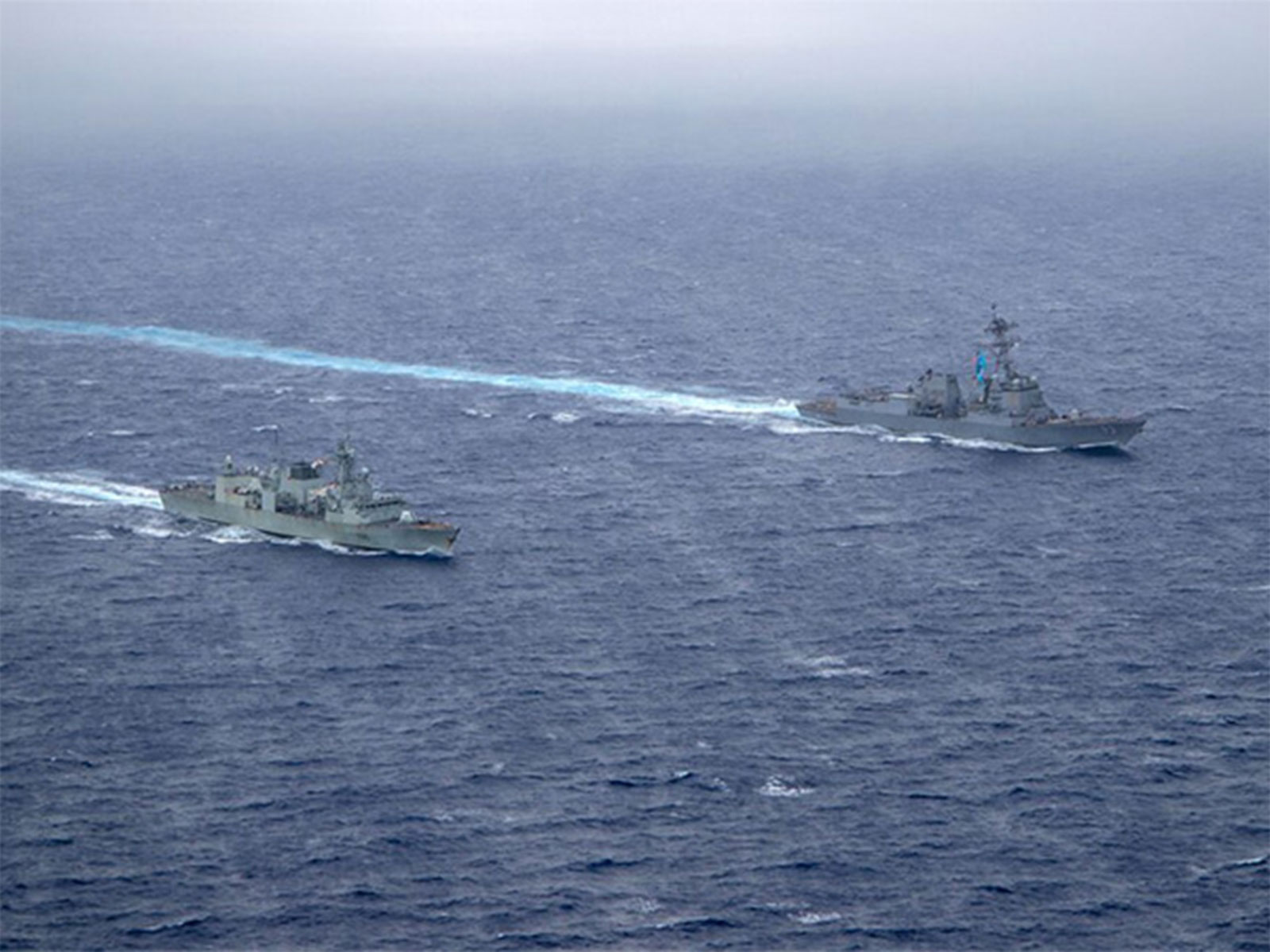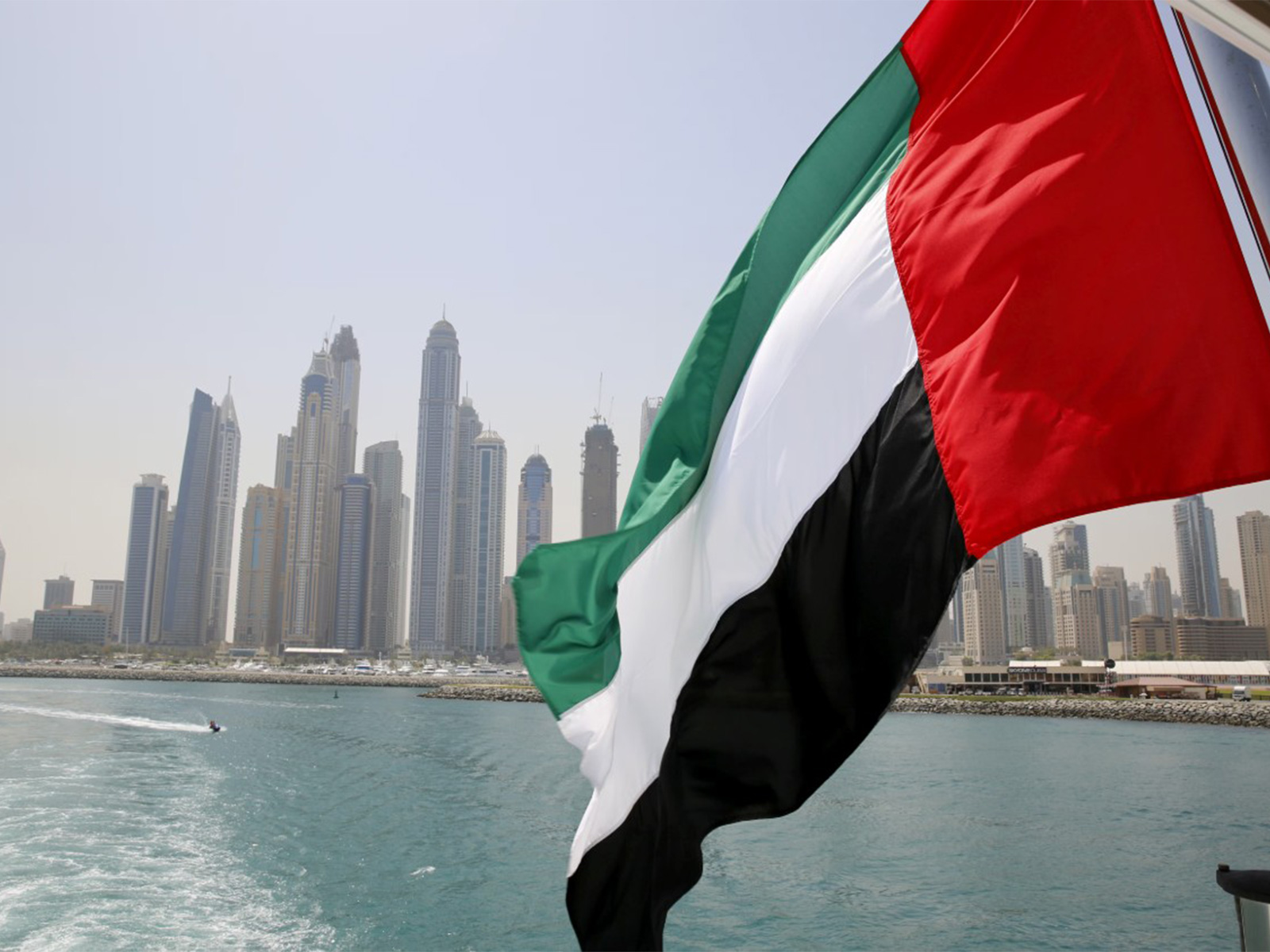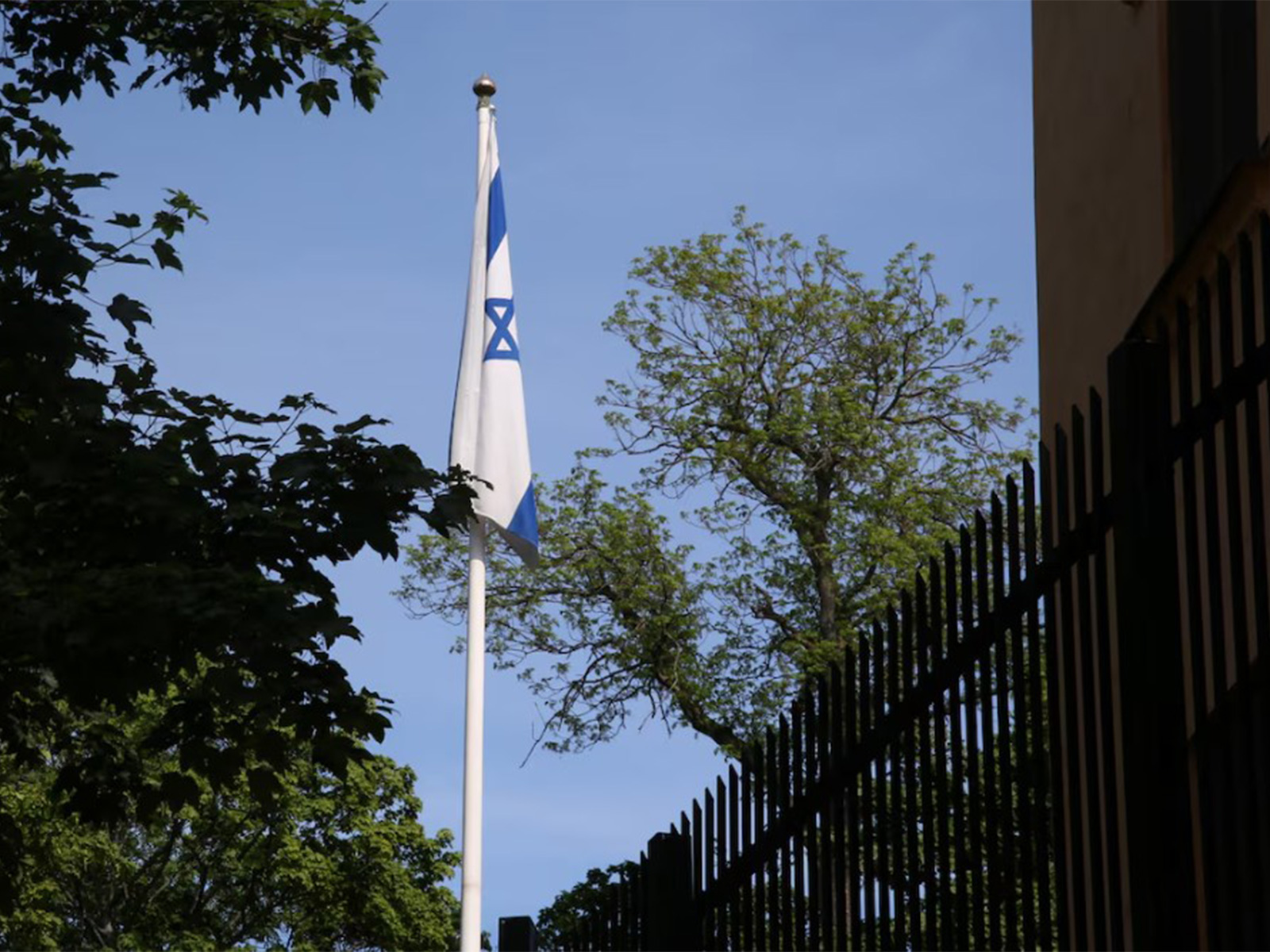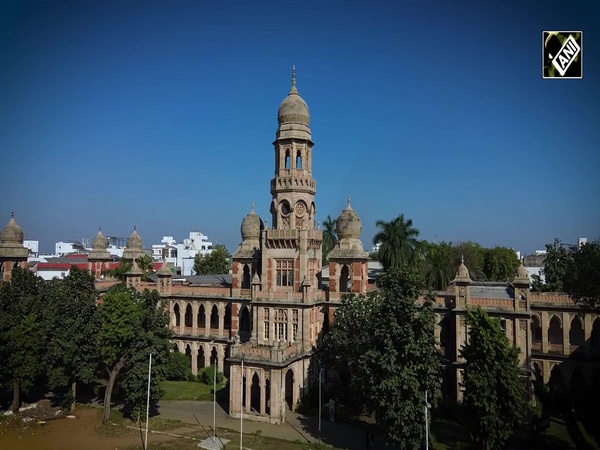People of India defeated dictatorial mindset in democratic way: PM Modi invokes 1975 Emergency in Mann Ki Baat
Jun 26, 2022

New Delhi [India], June 26 : In the 90th edition of his monthly 'Mann ki Baat', Prime Minister Narendra Modi on Sunday remembered the dark chapter in India's history- the Emergency, which was imposed in 1975 and said that it was our democratic mindset that eventually prevailed.
He also applauded all those who resisted that period and said that even after the Emergency people did not lose faith in democracy.
On the midnight of June 25, 1975, an Emergency was declared due to the prevailing "internal disturbance".
The Prime Minister further said that during the Emergency the citizens were deprived of all rights, including the Right to Life and Personal Liberty given by Article 21 of the Constitution.
"I want to ask a question to every youth, especially in the age group of 24-25 years. The question is really serious. Do think on my question. Do you know that when your parents were of your age, once even their Right to Life was snatched. You must be thinking, how is it possible? It is impossible, but once this had happened in our country. This had happened in the month of June 1975, when an Emergency was imposed. During Emergency, all the rights of the citizens were snatched. Among these rights, was the right to life and personal liberty to citizens guaranteed under Article 21 of the Constitution. At that time, attempts were made to crush democracy in India," PM Modi said.
PM Modi further said that the country's courts, every Constitutional institution, the press everything was brought under control and Censorship was so stringent that nothing could be published without approval.
He also remembered late famous singer Kishore Kumar and said that during the time of Emergency he was banned.
"I remember, when famous singer Kishore Kumar refused to praise the government, he was banned. He was not allowed on radio," he said.
"Despite several attempts, thousands of arrests and atrocities on millions, faith of Indians in democracy could not be shaken," said the Prime Minister during Mann Ki Baat.
PM Modi further said that he is fortunate to be a witness as well as a participant in the struggle of our countrymen during emergency.
"The democratic values ingrained in us since centuries, the spirit of democracy that flows in our veins ultimately triumphed through the democratic process only. People of India got rid of the Emergency and restored Democracy. There is no other example in the world to such victory over dictator ship through the democratic process. I was fortunate to be a witness as well as a participant in the struggle of our countrymen during an emergency," he added.
The Prime Minister further asked people to never forget the Emergency period, during this time when we celebrate 'Azadi ka Amrit Mahotsav'.
"Today, when the country is celebrating 75 years of Independence, we must not forget the dark period of Emergency. The future generation should also must not forget it. Amrit Mahotsav not only tells us stories of Independence from foreign rule but also tells us the journey of 75 years of Independence. We move ahead only by learning from every important juncture in our history," PM Modi added.
Emergency was declared for a 21-month period from 1975 to 1977 by the then Prime Minister Indira Gandhi.
Officially issued by President Fakhruddin Ali Ahmed under Article 352 of the Constitution due to the prevailing "internal disturbance", the Emergency was in effect from June 25, 1975, until its withdrawal on March 21, 1977.
The order vested upon the Prime Minister the authority to rule by decree, allowing elections to be suspended and civil liberties to be curbed.
The final decision to impose an Emergency was proposed by former PM Indira Gandhi, agreed upon by the President, and thereafter ratified by the Cabinet and the Parliament (from July to August 1975), based on the rationale that there were imminent internal and external threats to the Indian state.
The Emergency is considered to be one of the most controversial periods of independent India's history.
